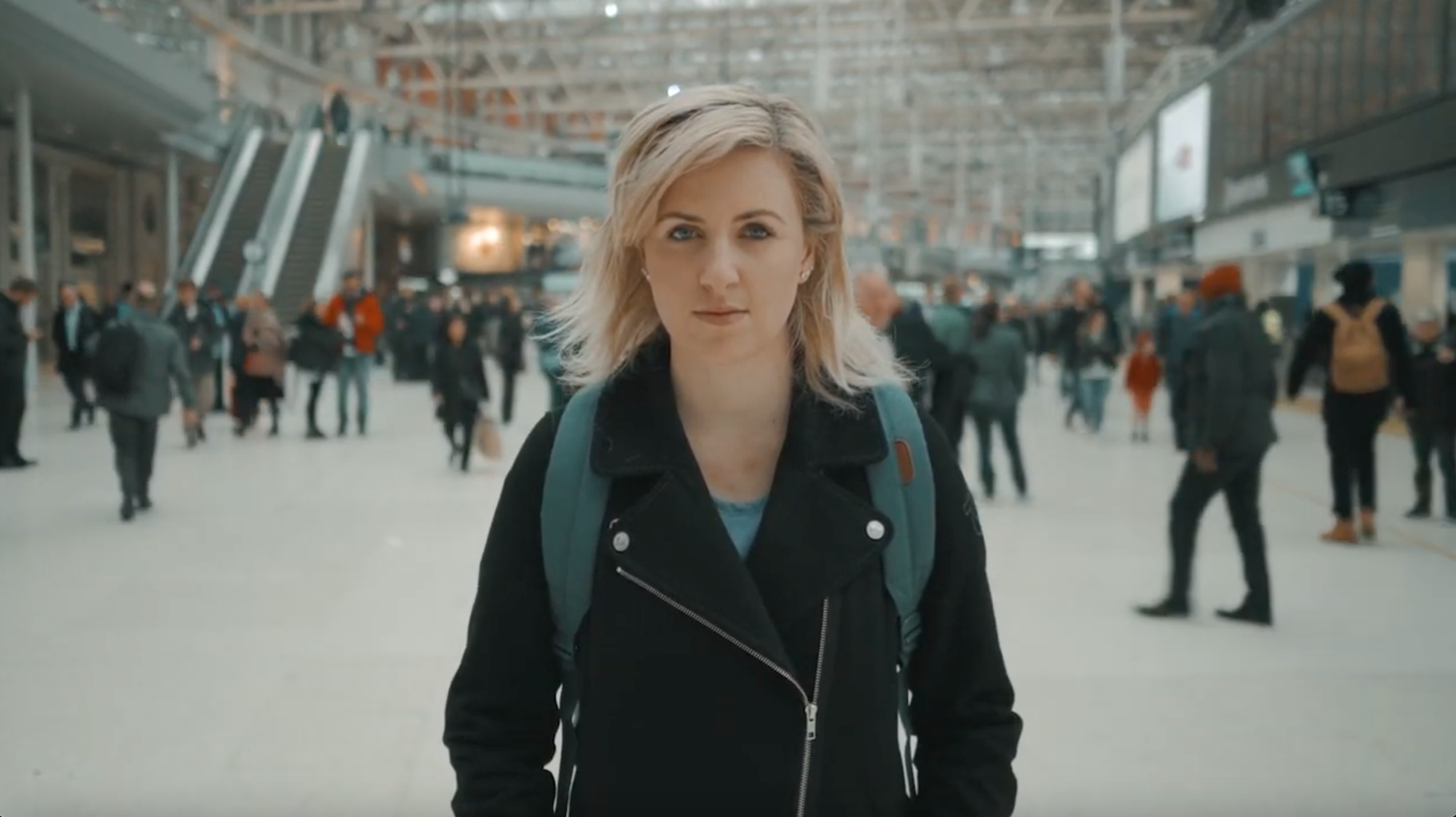Spotting the signs of modern slavery
Men, women and children are often hidden in plain sight. But by spotting unusual behaviour in your everyday life you can help us put a stop to ruthless criminals.
If it doesn’t feel right, report it.
Have a read through these real stories of people like you noticing odd behaviour and making a call. Each resulted in freedom.
Reporting a concern
If you believe a person is being trafficked and is in immediate danger, you should call 999 straight away.
Call the Modern Slavery Helpline on 08000 121 700 or submit a report online.
You can also report suspicions of trafficking by calling 101 or visiting your local police station.
Spot the signs
Watch Jessie's story







